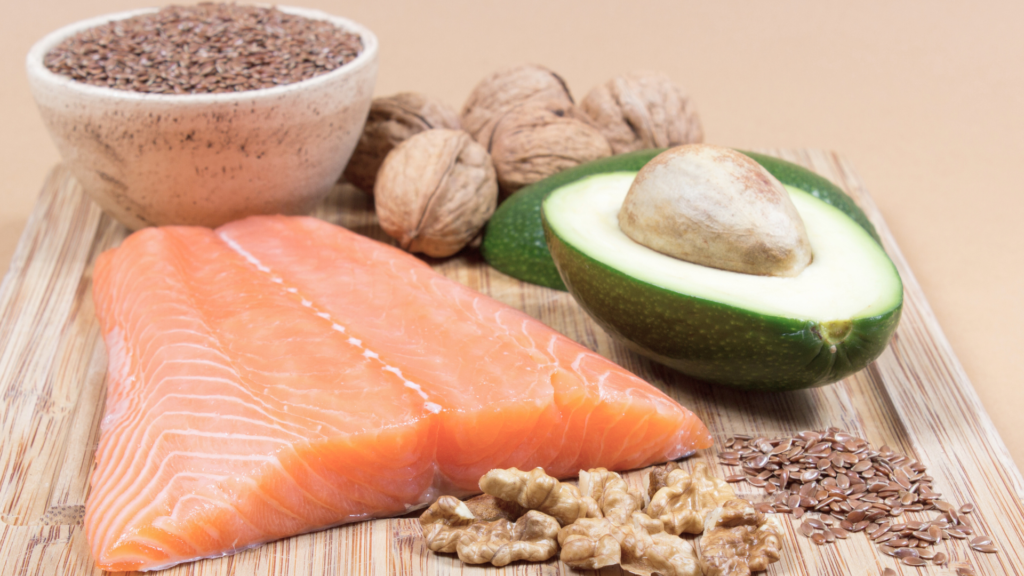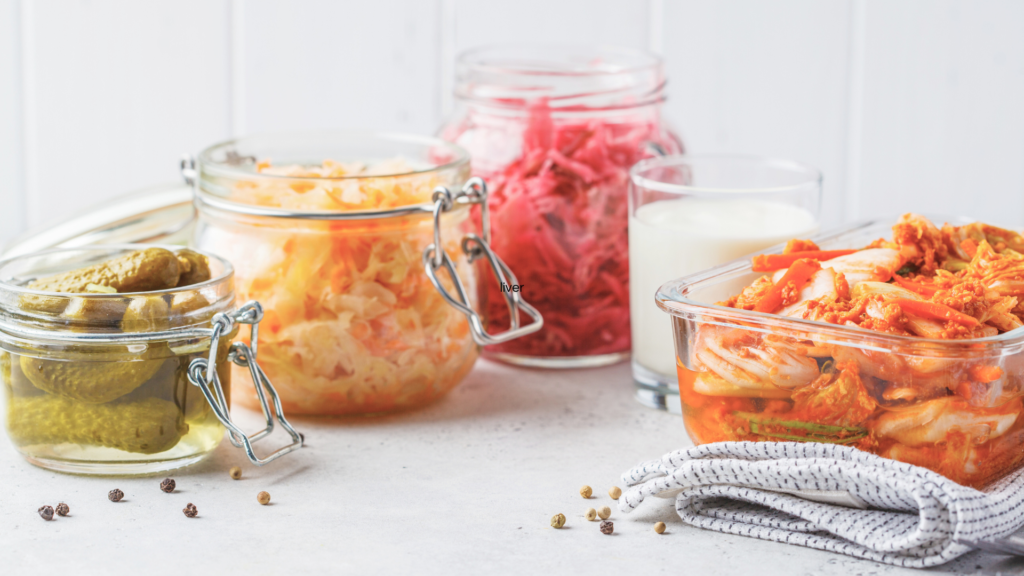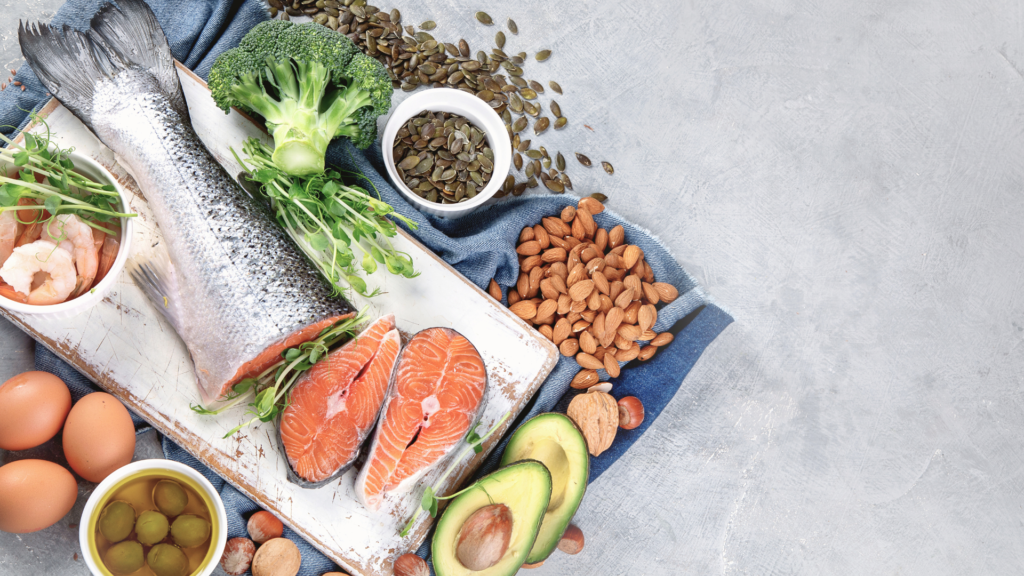In the intricate and bustling world of health nutrition, the brain’s specific nutritional requirements can sometimes be overshadowed by the broader conversation about body health. However, it’s crucial to illuminate the exceptional role diet plays in maintaining optimal brain function. After all, our brains are demanding organs; despite making up about 2% of body weight, they consume roughly 20% of our daily energy intake! Let’s dive into the key nutrients that are pivotal for maintaining a healthy brain, and find out how easy it can be to integrate them into your daily diet
Essential Brain Nutrients for Peak Performance
Omega-3 Fatty Acids
Omega-3 fatty acids are not just any fat; they are pivotal in the structure of neuronal membranes and are essential for the fluidity and function of brain cells. Without a steady supply, our brain’s ability to signal properly can falter.

Food sources: fatty fish (like salmon and trout), nuts (such as walnuts and almonds), and seeds (including flaxseeds and chia seeds).
B Vitamins
The various B vitamins have roles in the brain’s energy metabolism; thiamine (B1), for instance, is involved in the production of ATP, the energy currency of the cell. Without these vitamins, the brain cannot stay energized.

Food sources: eggs, meats, and nuts, along with whole grains (like brown rice and oatmeal), which are particularly rich in various B vitamins.
Choline
Choline acts as a precursor for acetylcholine, a neurotransmitter intricately linked to memory and overall brain function. Adequate choline intake is imperative for cognitive processes.

Food sources: egg yolks and liver stand out as some of the richest dietary sources of choline.
Polyphenols
These compounds do more than just add vibrant colors to fruits and vegetables; they help shield the brain from oxidative stress and inflammation, which can lead to cognitive decline.

Food sources: berries, which are particularly high in anthocyanins, and dark chocolate and green leafy vegetables, which are loaded with various beneficial polyphenols.
Probiotics
Probiotics play a fascinating role in brain health, interacting with the gut-brain axis. They can influence everything from mood to memory, and research into the “second brain” (our gut) continually reveals more about this connection.

Food sources: yogurt, kefir, and kombucha are delicious and easy ways to introduce more probiotics into your diet.
If you find yourself unable to incorporate these essential nutrients into your diet on a daily basis, supplementation may be a viable alternative. However, as with all dietary supplements, it’s crucial to source them from reputable providers. It’s also always a good idea to consult a healthcare professional before beginning any supplementation regimen.
Whether through diet or dietary supplements, these nutrients can help support a sharp, responsive, and resilient brain. So the next time you’re at the grocery store, remember this list – your brain will thank you for it! If you have any lingering questions about brain health nutrition, feel free to reach out. We’re here to guide you on your journey to a healthier mind!







